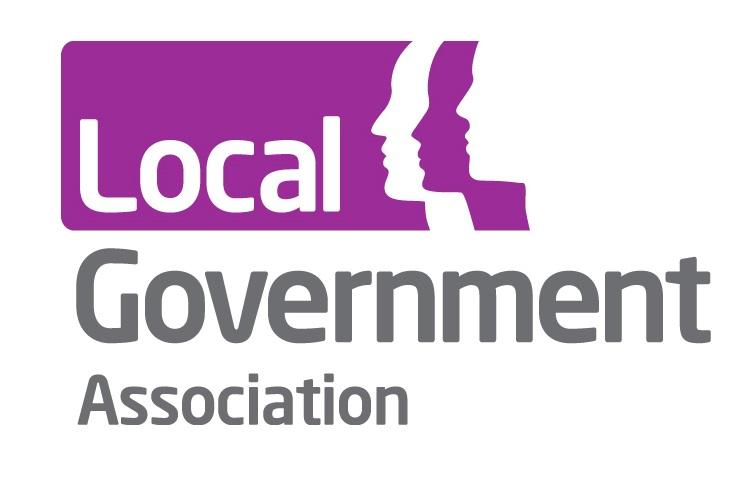Local solution to 12 million caught in skills gap by 2024

Twelve million people – the combined population of London, Greater Manchester and Staffordshire – will be without a job or in work they are over-qualified for by 2024, new research for the Local Government Association estimates today (5 July).
Twelve million people – the combined population of London, Greater Manchester and Staffordshire – will be without a job or in work they are over-qualified for by 2024, new research for the Local Government Association estimates today.
Council leaders say the current national employment and skills system is failing local businesses and residents. A maze of centrally-governed skills and employment funding – totalling £10.5 billion a year – run by eight government departments or agencies and scattered across 20 different national schemes – is confusing, fragmented, untargeted and ineffective.
In a new report on the future of public services published at its Annual Conference this week, the LGA is calling for new powers for councils to help transform the lives of millions of people who could be trapped in a future skills gap.
Devolving all back-to-work, skills, apprenticeship, careers advice, and business support schemes and funding to the local areas in which they are used will allow better coordination of services to help people get the skills they need to progress in work, and supply businesses with right skills at the right time to help local economies grow.
Research for the LGA by the Learning and Work Institute (LWI) reveals that the skills gap by 2024 will result from:
- 9.2 million low-skilled people chasing 3.1 million low-skilled jobs – a surplus of 6.2 million low-skilled workers;
- 12.6 million people with intermediate skills chasing 10.7 million jobs – a surplus of 1.9 million people;
- 16.1 million high skilled jobs with only 11.9 million high-skilled workers – a deficit of 4.2 million.
Failure to address this growing skills crisis will mean the average worker will be £1,176 a year worse off by 2024 while £90 billion of economic growth will be lost.
The LGA said improving the nation’s skills base is urgent as we move towards a post-Brexit Britain as higher-skilled migration has historically played an important role in addressing skills gaps.
LWI analysis of official data found that almost 2 million migrants from the European Economic Area are in highly-skilled jobs or are qualified at the equivalent of degree level or higher. By contrast, 790,000 work in low-skilled jobs or have low or no qualifications.
Councils and their partners can more effectively reduce long-term unemployment and the number of young people out of work by targeting support far better than our current complex and fragmented national employment and skills system.
It is calling on the Government to give groups of councils across England the power and funding to deliver a one-stop ‘Work Local’ service for skills, apprenticeship, employment, careers advice and business support provision within five years. It would bring together local skills planning, oversee job support including Jobcentre Plus and the Work and Health Programme and coordinate careers advice and guidance for young people and adults.
Analysis reveals that each year across a local area, Work Local could improve outcomes for residents and reduce the skills gap with an estimated 8,500 people more in work and 6,000 people increasing their skills, benefiting the local economy by £420 million.
Cllr Sir Richard Leese, Chair of the LGA’s City Regions Board, said: “This research paints a worrying vision of the skills gap facing the nation. Without radical reform, swathes of people face a future where they have skills mismatched for jobs, risking them being in low paid, insecure work, and reliant on benefits, at a huge cost to people’s lives and the local and national economy.
“The current system for getting the unemployed into work is not working for the economy, for employers or individuals. This has to change for the future economic prosperity of this country. Limits on EU migration after Brexit could exacerbate these skills challenges which makes it more important than ever to have a better system in place for retraining and upskilling the current workforce.
“Councils want to ensure everyone is fully equipped with the skills they need to compete for future jobs. Together with local partners, councils best understand the needs of their residents, local economies and address their skills needs. The LGA’s Work Local is a local solution to the national challenge.”
Cllr Mark Hawthorne, Chairman of the LGA’s People and Places Board, said: “The Government will spend £10.5 billion this year on 20 different national employment and skills schemes. It can no longer afford to spend billions on separate national programmes when there are better more local solutions that can coordinate all local partners to better help those most in need of support.
“Local government across England is ready to take the lead to tackle the skills crisis facing the nation and get the local economy moving. With commitment from central government and the right funding and powers, we can start today.”
Read the proposals in full: Work Local: Our vision for an integrated and devolved employment and skills service











Responses